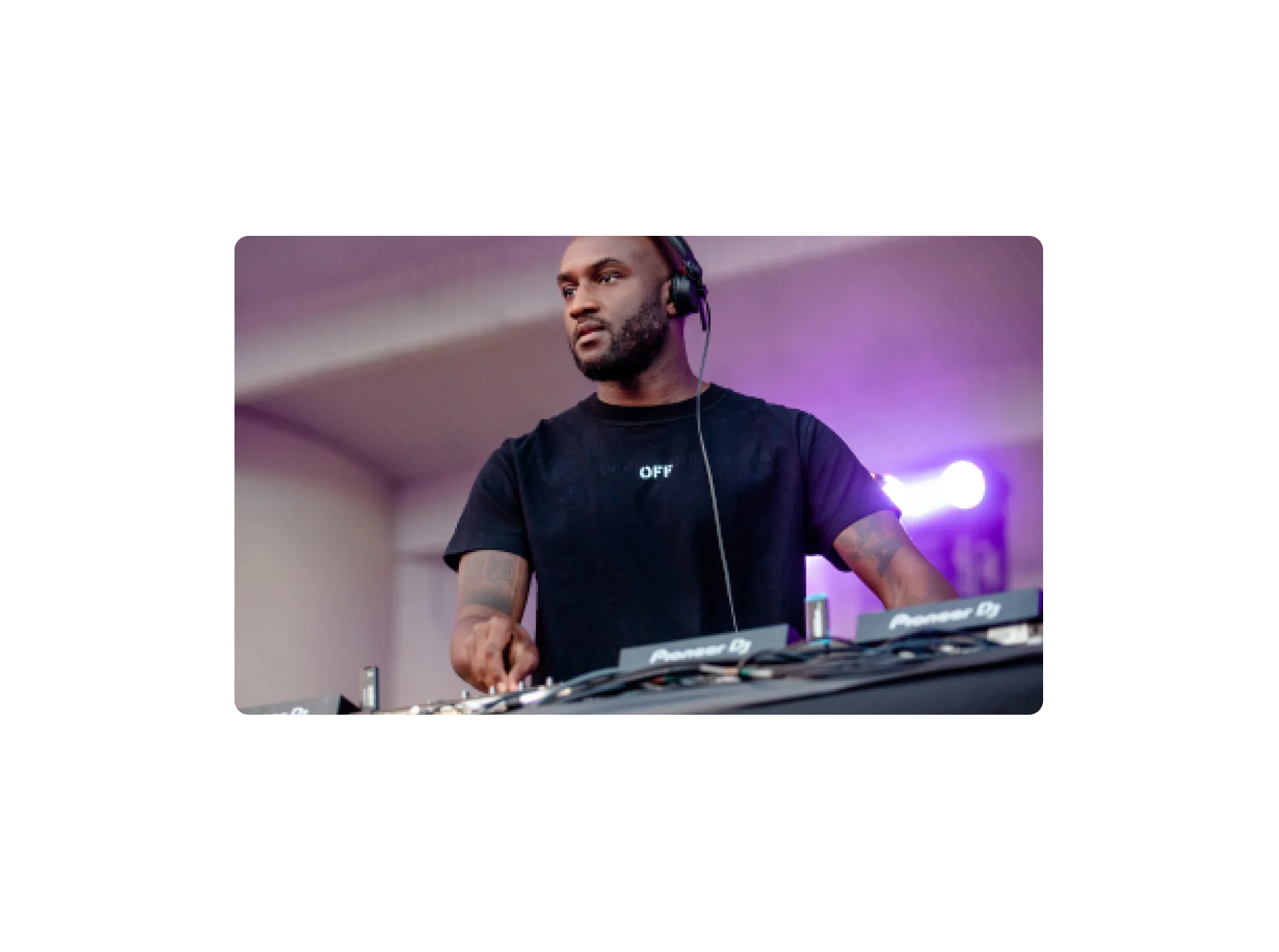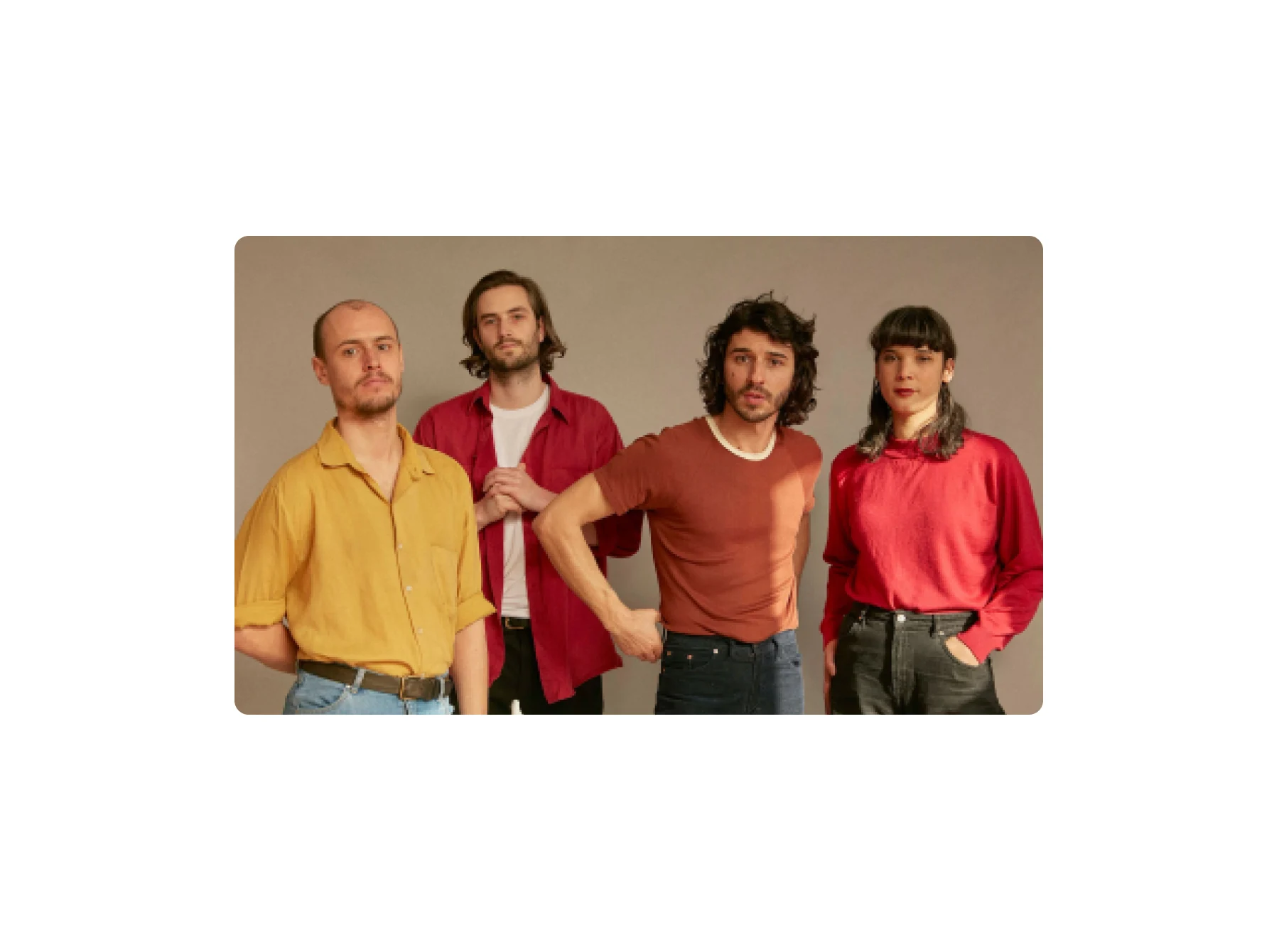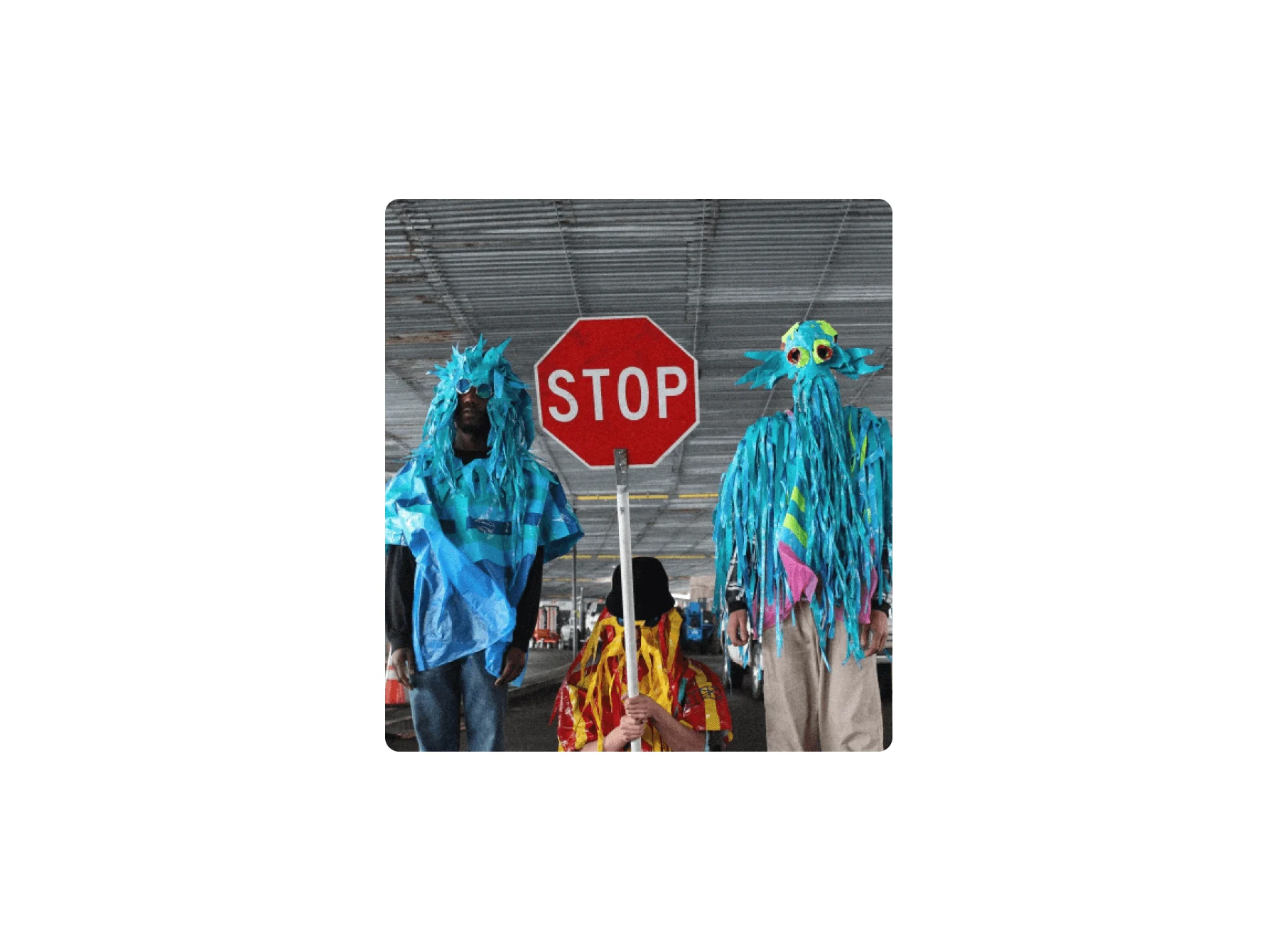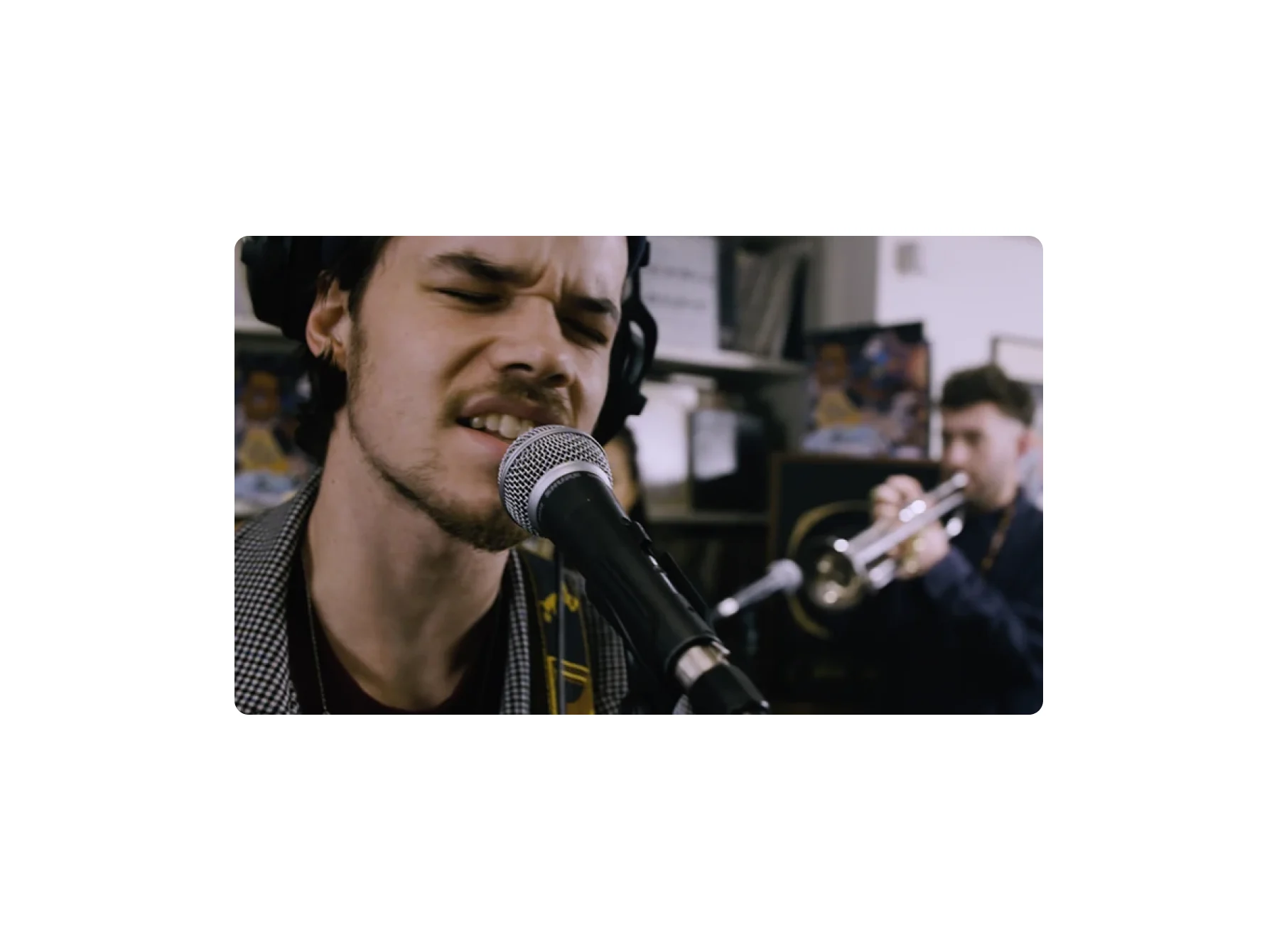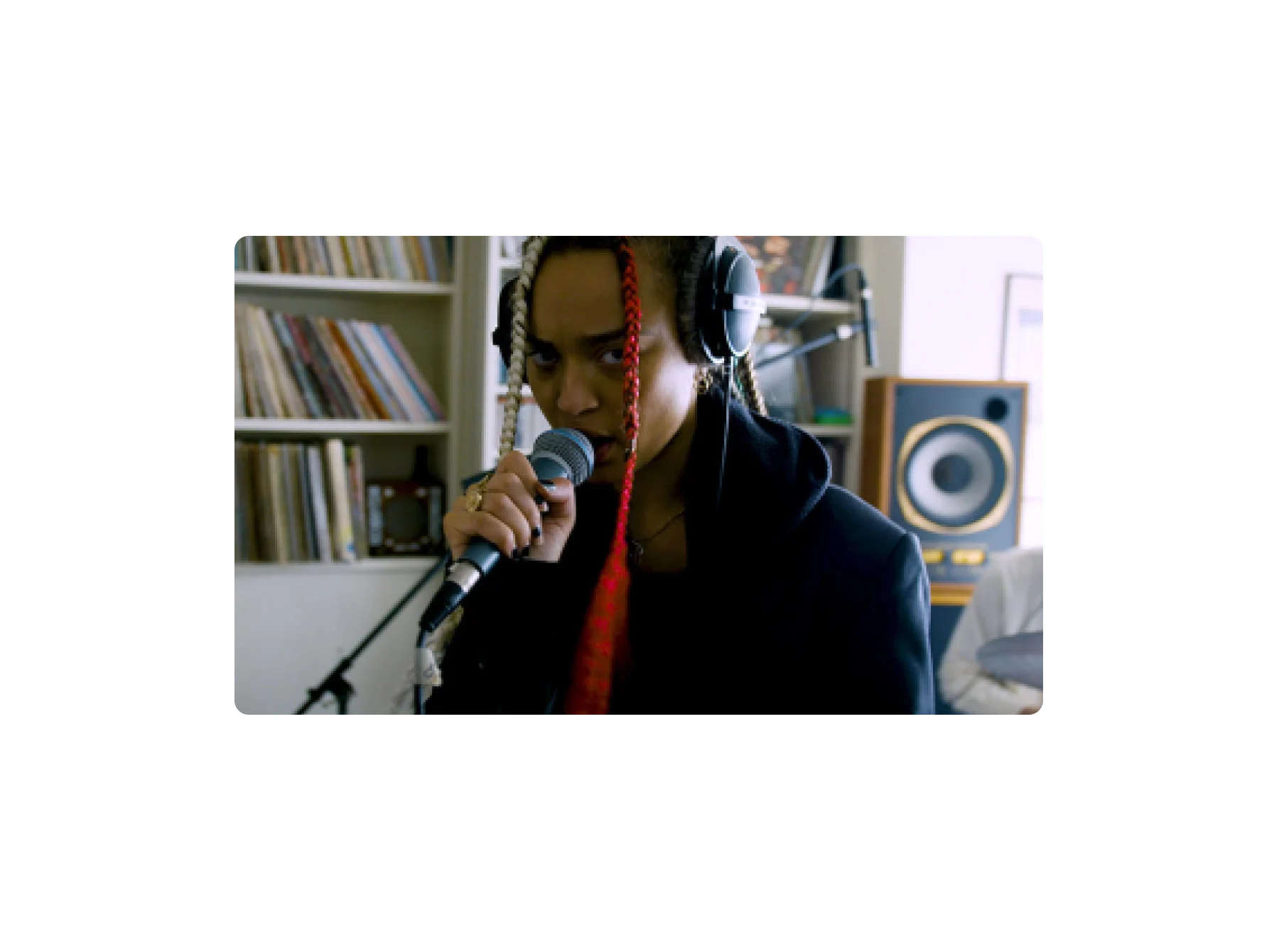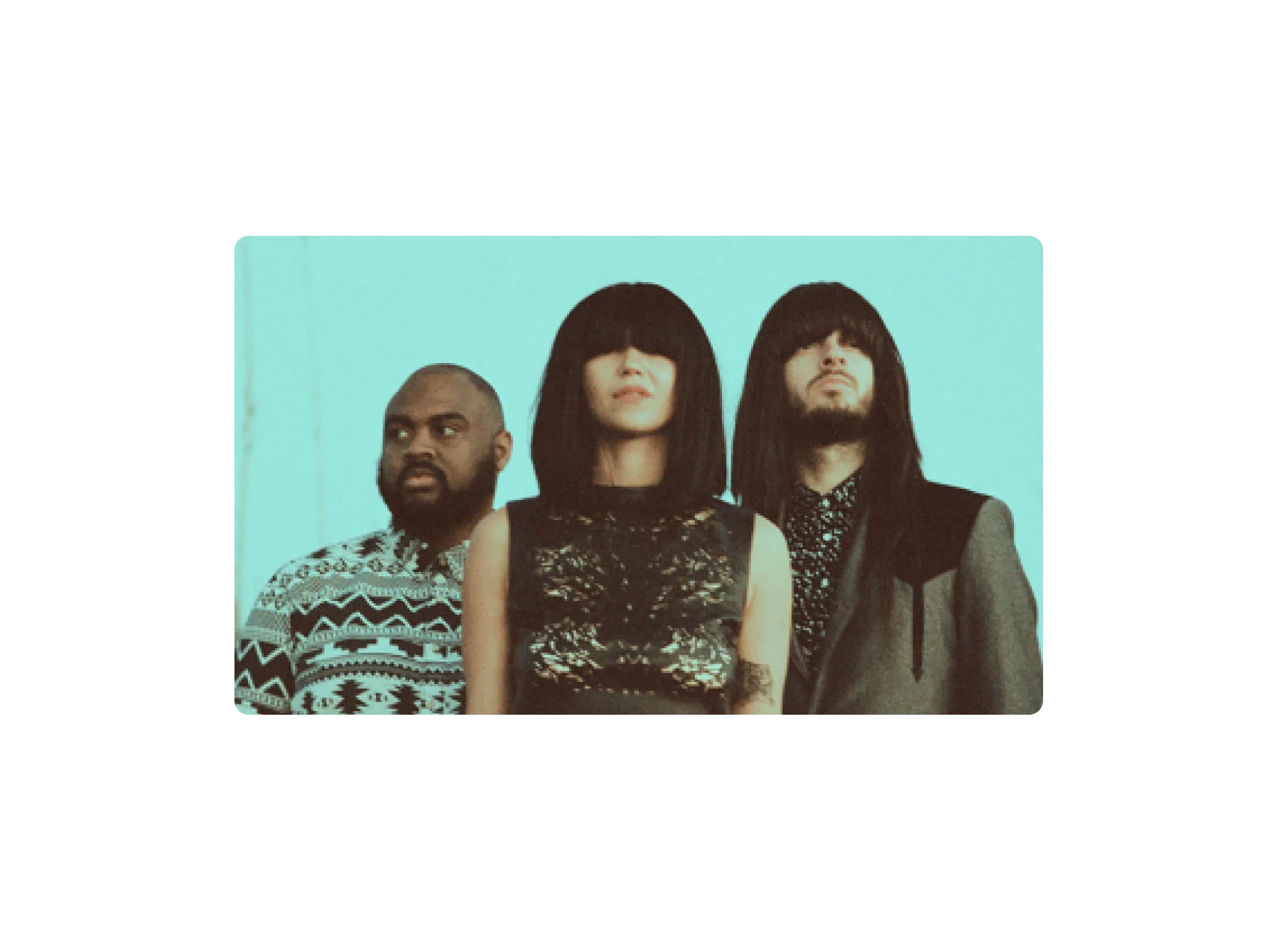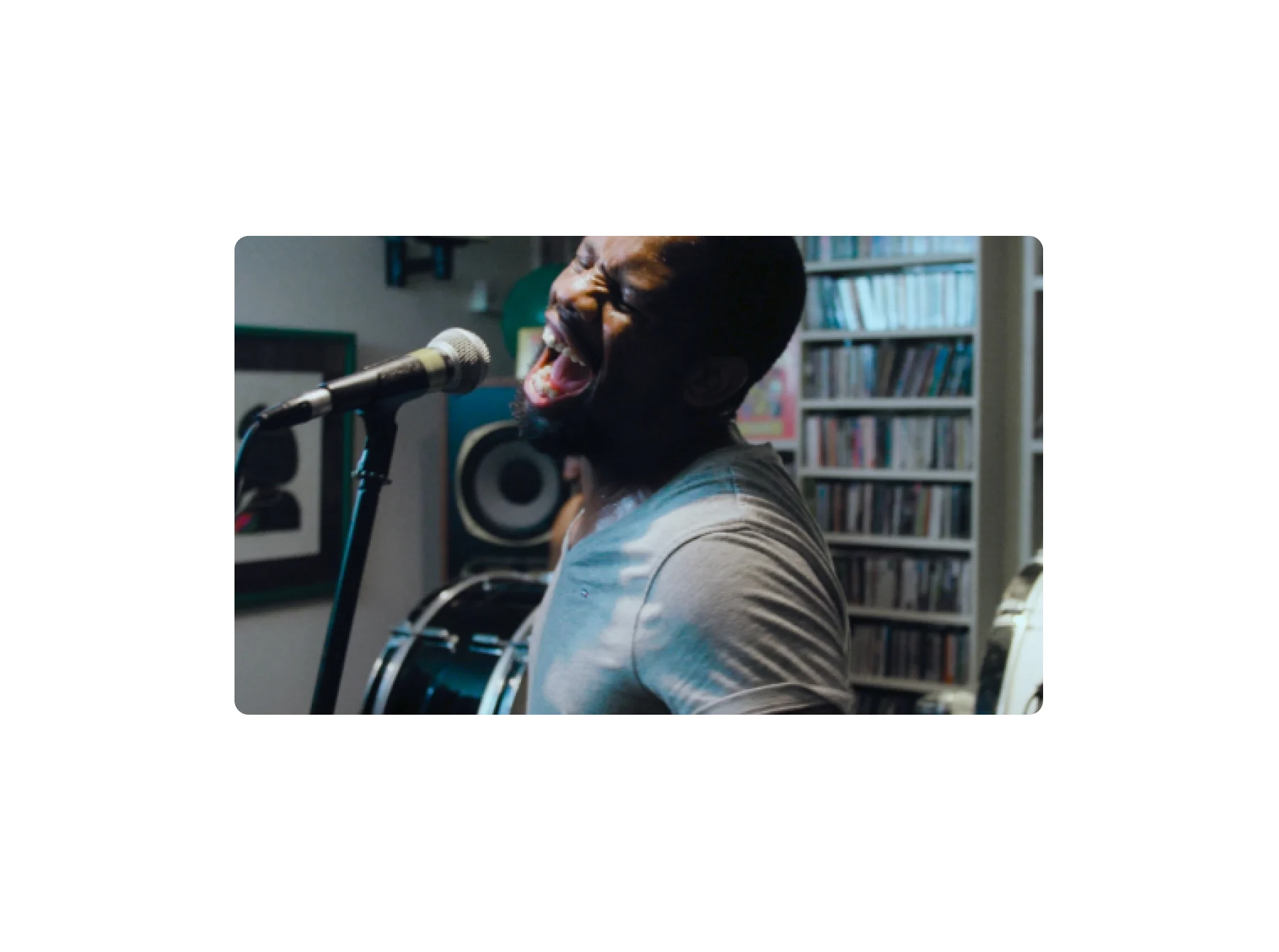
One of Barack Obama's biggest legacies was to try and thaw the frosty relations between the US and Cuba.
These near neighbors – just 90 miles separate the two – have been locked in hostilities since the botched US coup of 1959. During the Cuban Missile Crisis, this tension brought the world to the brink of nuclear war.
But Obama made reaching rapprochement with Cuba one of his foreign policy priorities. After two years of secret talks, the countries resumed diplomatic relations in 2014 and in 2016, Obama became the first sitting US President to visit the country for 57 years. Commercial flights between the two nations began that same summer.
So Cuba is changing politically, and, linked to that, it's changing technologically too. More and more (albeit government-approved) wifi hotspots have been switched on around Havana, and Obama worked on a deal between Google and the Cuban authorities to extend this connectivity. Interestingly it is this, rather than the opening of any embassies, which may have the biggest impact on Cuba’s future.
Creatively speaking, these changes will have fascinating consequences. Cuba comes with a lot of cultural preconceptions – we think we know what it looks like, what it sounds like. But since his first visit to Havana in 2008, Dj, producer and WeTransfer creative director Gilles Peterson has been challenging Cuban stereotypes.
“I wanted to show the world there was more to Cuba than Buenavista Social Club and Wim Wenders movies,” he explains. “They are both fantastic, but they really focus on heritage. There is so much stuff going on right now that is so interesting.
“It became a kind of weird quest to help open the door to this remarkable country,” he says. “It really got under my skin that more people needed to know what was going on in Cuba. I was getting a personal lift going over there once or twice a year and working in a very different creative environment, that has been restricted for years.”
The new series of the Creative Class is another way in which Gilles has been able to shine a light on the eclectic range of talents who are shaping Cuba’s contemporary creative landscape.
With the team at Present Plus, he selected five people immersed in the country’s shifting cultural trends and went to Havana to hear their stories. The subjects are dancer Ildolidia Ramos, designer Idania del Rio, conceptual artist Wilfredo Prieto, musician and producer Edgaro Gonzales and creative entrepreneur Susu Salim.
What is striking in each interview is the fluid combination of past, present and future. Each subject acknowledges Cuba’s unique cultural context but sees the benefits as much as the challenges this has brought.
For Gilles, the political situation took some getting used to. “The hip hop thing, the spoken word thing is almost illegal. There is this that sort of all-seeing-eye, Iron Curtain thing going on which adds to the mystery of the whole place.”
And technologically too he was amazed at how different it was, compared to the always-on, hyper-connected industry he was used to.
“When I first went over there and was meeting producers and artists, I would go to their homes in the suburbs and they would have CDs of beats. It was like going back 15 years!
I had a load of J Dilla beats in my computer and they were like golden currency for people who make music.
“It was kind of primitive. There are no record shops – you find records in markets that sell car parts or weird sort of kitchen items. And then at the back there will be a box of records that are all scratched to pieces, because people are playing them on really shitty needles.”
At the tourist hotels he stays in, Gilles was able to buy expensive wifi tokens, but even then he found it wasn’t quite the online experience he is accustomed to. “You can send emails, but receiving a small mp3 will take half an hour! It’s incredible to go there when you are used to the world we live in these days.”
Now though, as things start to change, Gilles believes that this small island can have a huge cultural impact. For one, he has been impressed with the educational programmes in place to encourage creative promise.
“If you show talent from an early age, they have got systems to develop your arty side, which you don’t have in other countries. So if you show any strengths in music or art, they will nurture that and they have fantastic teachers.”
Building on that foundation, Gilles has also been impressed with the drive and determination of the Cuban creatives he has met and worked with. “They have this full-on professionalism you don’t always get in other places,” he says.
All of this means that Cuba is perfectly placed to unleash its creative energy on the world. Some people are concerned that opening the country up – both physically and digitally – might have the undesirable effect of diluting those special characteristics that make Cuba so ineffably Cuban. But Gilles isn’t worried.
“I don’t think anyone wants to speak too soon, but there is an excitement, a different energy than there was eight years ago,” he says. “People say, ‘Oh it will turn tinto Miami,’ but I don’t think it will.
“They have got their own particular traits which are distilled into their culture so I think it can only be good. It will create more positive friction, more creative friction, and I can’t wait to see what happens.
“They already have a very strong creative scene, so if you throw internet in there, then it’s going to be unbelievable.”


